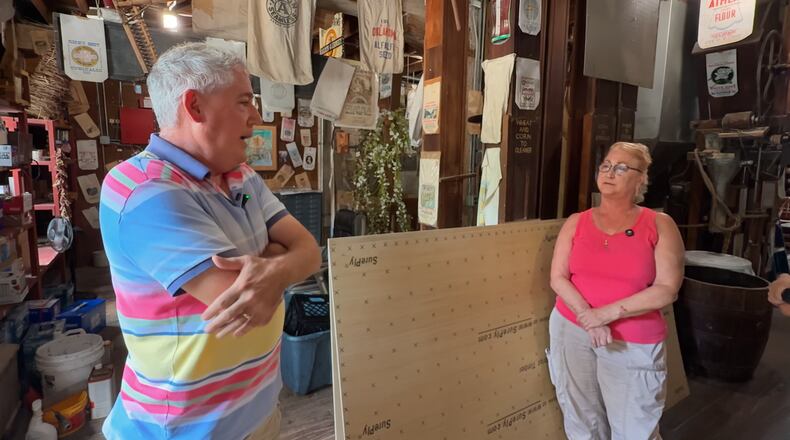We all need to invest in preserving the unique towns that makes Ohio a great state
Clifton residents know each other. They communicate regarding needs of the village and they attend village council meetings to make those needs known. If the village is dissolved and the center of government is moved to the township, the needs of this small village will be forgotten in favor of larger residential areas. We all need to be invested in helping preserve the collection of unique little towns which are also a part of what makes Ohio a great state.
Our shared desire to preserve our village is evident in the fact that residents have offered their professional services and manpower to help prevent the demise of our community. We hope to emphasize to state lawmakers, who do not live in our community, that House Bill 331 is not merely words on paper. In fact, it is crafting a death warrant for incredible and unique communities which are the very fabric of Ohio.
- Read more from concerned citizens and village council of Clifton, OH
House Bill 331 empowers voters, puts communities in control
Ohio boasts a proud tradition of local governance, where communities shape their destinies. Having served on the Lebanon City Council, I know firsthand how important it is to protect the character of a vibrant and wholesome community. But when villages outsource essential services, like police, fire, or road maintenance, to townships or counties, or when they cannot even field candidates for basic elected positions, it raises fair questions about value for taxpayers. Why maintain a duplicative layer of government that adds complexity to our already burdensome tax system? HB 331 addresses this by triggering a simple, democratic process: after each ten-year census, county budget commissions audit villages to check if they provide at least five of ten key services (either directly or through non-governmental contracts) and if all elected spots had candidates over the prior decade. If not, voters get a straightforward ballot question on whether to dissolve the village and revert to township governance.
- Read more from State Representative Adam Mathews
Villages, services, and the future of government
A village’s name, history, and culture don’t vanish with a change in government structure. Communities will always be proud of who they are. Dissolution simply means that instead of shouldering the costs of an underperforming government, residents would receive services through the township or county. Identity remains; financial responsibility is streamlined.
The heart of HB 331 is about protecting citizens from bearing the costs of governments that no longer function. It is about transparency, accountability, and fiscal fairness. While villages can and should remain strong where they meet the needs of residents, we must also acknowledge the reality that clinging to structures without capacity serves no one — least of all the taxpayers footing the bill.
About the Author




